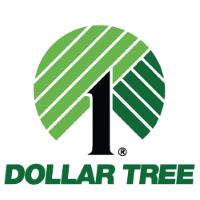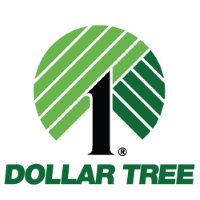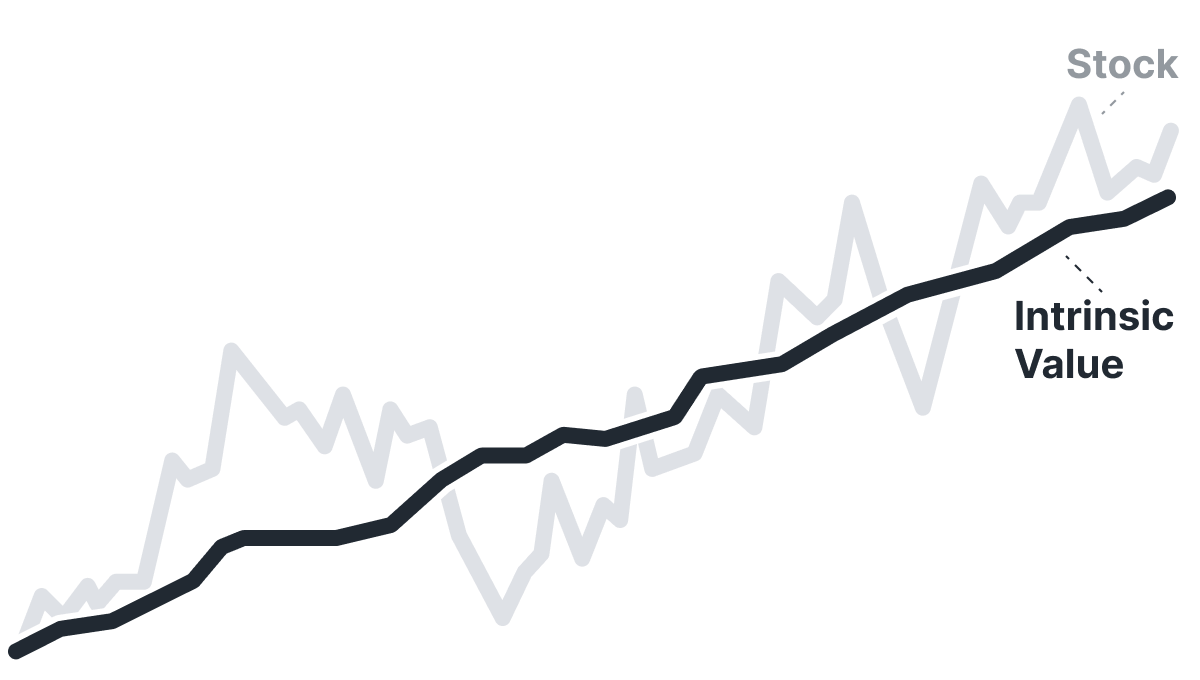

Dollar Tree Inc
NASDAQ:DLTR

Intrinsic Value
The intrinsic value of one
 DLTR
stock under the Base Case scenario is
hidden
USD.
Compared to the current market price of 117.9 USD,
Dollar Tree Inc
is
hidden
.
DLTR
stock under the Base Case scenario is
hidden
USD.
Compared to the current market price of 117.9 USD,
Dollar Tree Inc
is
hidden
.
Valuation History
Dollar Tree Inc

DLTR looks overvalued. Yet it might still be cheap by its own standards. Some stocks live permanently above intrinsic value; Historical Valuation reveals whether DLTR usually does or if today's premium is unusual.
Learn how current stock valuations stack up against historical averages to gauge true investment potential.

Let our AI compare Alpha Spread’s intrinsic value with external valuations from Simply Wall St, GuruFocus, ValueInvesting.io, Seeking Alpha, and others.
Let our AI break down the key assumptions behind the intrinsic value calculation for Dollar Tree Inc.
Fundamental Analysis
Revenue & Expenses Breakdown
Dollar Tree Inc

Earnings Waterfall
Dollar Tree Inc

The intrinsic value of one
 DLTR
stock under the Base Case scenario is
hidden
USD.
DLTR
stock under the Base Case scenario is
hidden
USD.
Compared to the current market price of 117.9 USD,
 Dollar Tree Inc
is
hidden
.
Dollar Tree Inc
is
hidden
.



